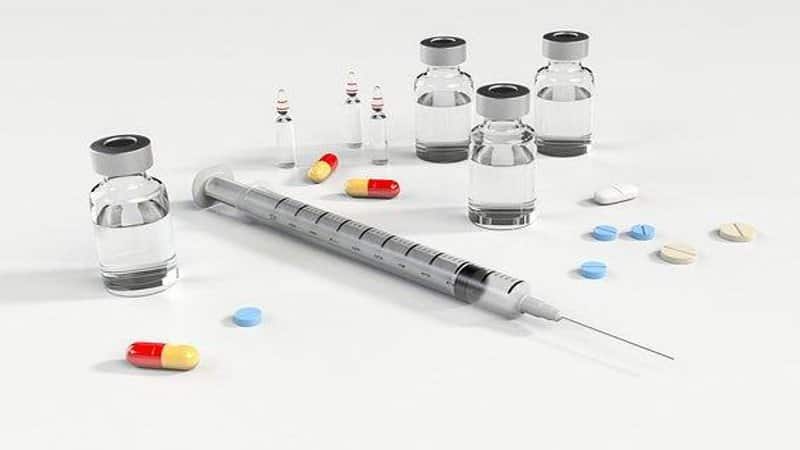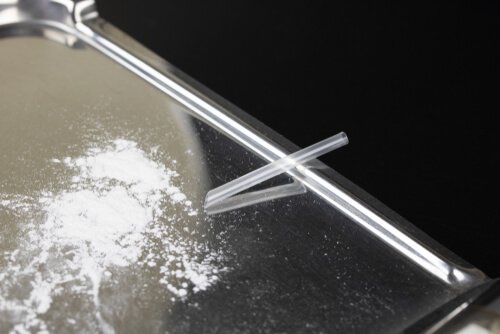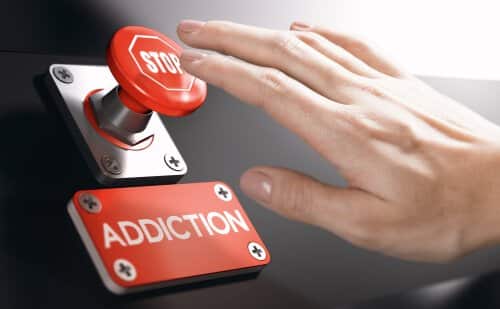3 Crucial Steps You Should Follow to Overcome Alcohol Addiction
Many people never expect themselves to suffer from addiction at the early stages of drinking alcohol. They think that they are having fun in the right way and know their limits. Only when they cannot control the urge of drinking is when they realize that they are suffering from an addiction. It seems merely impossible for them to get over the habit because it is too hard.
Now, this is the case of thousands of people who die in the world every year because of the addiction to the alcohol.
There is so much of help that is available to you to overcome this and other challenges that you might be suffering from when you use the services of centers that offer alcohol detox NJ. You need to, however, handpick a center that is appropriate for your need.
If you want to overcome the habit of drinking, these are the things that you need to do.

1. Revaluate the Necessity: Many people get into the habit of drinking because they want to forget the problems that they are facing in their lives. Some people like drinking because it is one of those fun activities that they enjoy doing. After a hard day at work, they feel more relaxed when they drink a little. These are the only reasons why most people drink alcohol. The benefits that they will get when they quit alcohol is far more than drinking.
For example, your relationship with your spouse might be deteriorating because you drink every day and do not treat them with love and respect. By quitting alcohol, you will see that your relationship with them will improve significantly. You will be stronger both emotionally and physically. Soon, you will recognize the fact that there are better activities things in life that you can do in life than drinking alcohol.
2. Goals to Cut Down: You will never achieve the goal of cutting down alcohol unless you put in efforts to set a target date first. But the goal should be specific with steps that you need to follow to overcome the habit. First, you need to write the date you want to quit drinking. Next, you need to write the days in the week when you are not going to touch alcohol. Set a deadline of three or four months to quit drinking altogether. Having a specific goal will help you to overcome the habit.
3. Select a Treatment: You should then plan to consult with a detox center to see what kind of services that they offer. While some provide you outpatient services, others might give you the option to take treatment as both outpatient and inpatient. Depending on the situation that you are in select a service that is apt for your requirement. After consulting, handpick a center that is the best when it comes to alcohol detox NJ.
These are some of the critical steps you need to follow if you want to overcome the habit of drinking. Your life will be a lot better when you quit drinking and put your energies into the right place.
Related Articles
Identifying Alcohol or Drug Abuse in the Work Place
Exploring Optimal Approaches to Treat Addiction to Alcohol or Drugs













